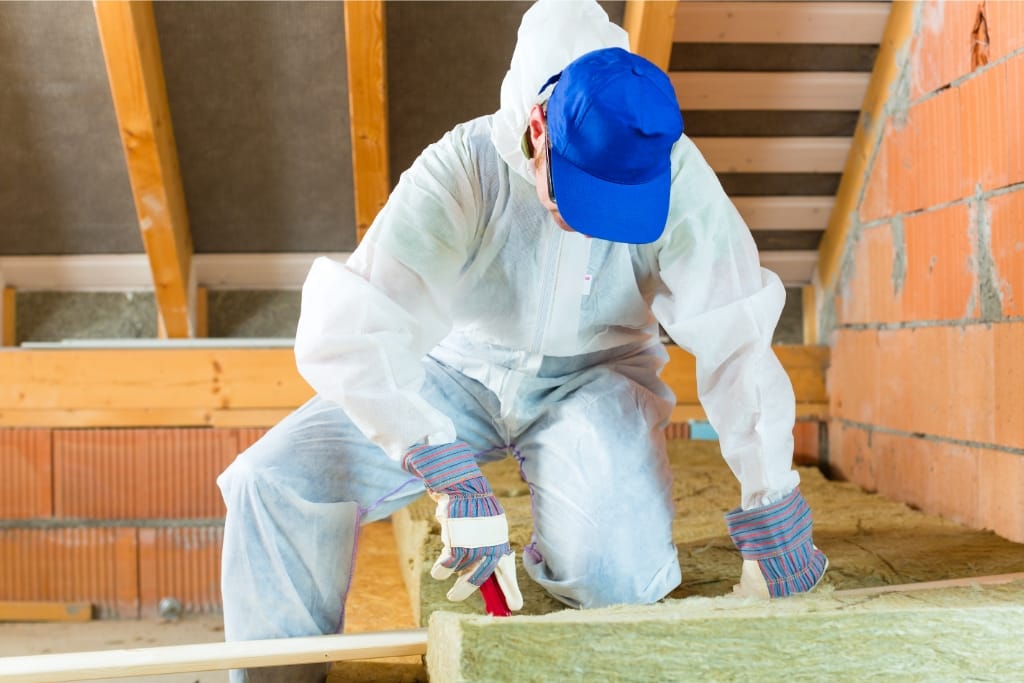As the colder months roll in, you might find yourself cranking up your heating system.
And while a warm and cozy home is much appreciated, it could cost you a fortune if your home insulation is not up to par.
Yes, your insulation plays a crucial role in ensuring that your home stays warm during the winter and cool during the summer.
But how do you know when it’s time to update or upgrade your insulation?
We’ll go over seven signs that indicate you need to invest in new or improved home insulation.
1)) Uneven Temperatures Around Your Home
If you have some rooms in your home that feel colder than others, it could be a sign that your insulation isn’t working properly.
Poor insulation allows heat to escape, and this could result in areas with insufficient heat.
2)) High Energy Bills
If your energy bills keep creeping up every year, it could be a red flag that your insulation isn’t functioning optimally.
When your insulation is damaged or faulty, your heating or cooling system has to work harder to maintain a comfortable temperature, leading to increased energy consumption and high bills.
3)) Drafts Are Common
Do you feel drafts around your windows or doors? Poor insulation in these areas can cause cold air to flow into your home, making it feel chilly and uncomfortable.
4)) Mold And Mildew
Your insulation plays a vital role in maintaining your home’s temperature and preventing moisture from forming.
However, if your insulation has suffered some water damage or has deteriorated, it could promote the growth of mold and mildew, affecting both your health and your home’s structural integrity.
5)) Pests In Your Home
Insulation made out of organic materials, such as cellulose, can be a tempting treat for pests, including rodents and insects.
If you find or hear critters running around in your attic or walls, it could be a sign of insulation damage.
6)) Old Insulation
If you’ve lived in your home for over a decade without updating your insulation, it’s probably time to consider an upgrade.
Insulation has a lifespan, and as it ages, it loses its effectiveness, making it harder for your home to maintain a comfortable temperature.
7)) Construction Or Renovation Projects
If you’re planning on remodeling or adding to your home, inspecting and considering updating your insulation is essential.
Not only will it help your home maintain a consistent temperature, but it could also save you money in the long run.
Conclusion
By understanding the signs of failing insulation, you can take the necessary steps to make your home more energy-efficient and comfortable.
Contact an insulation contractor to help you determine the best course of action for your home’s insulation needs.
Having new or improved insulation could significantly improve your quality of life while also saving you money on your energy bills.
Download Our Free E-book!







